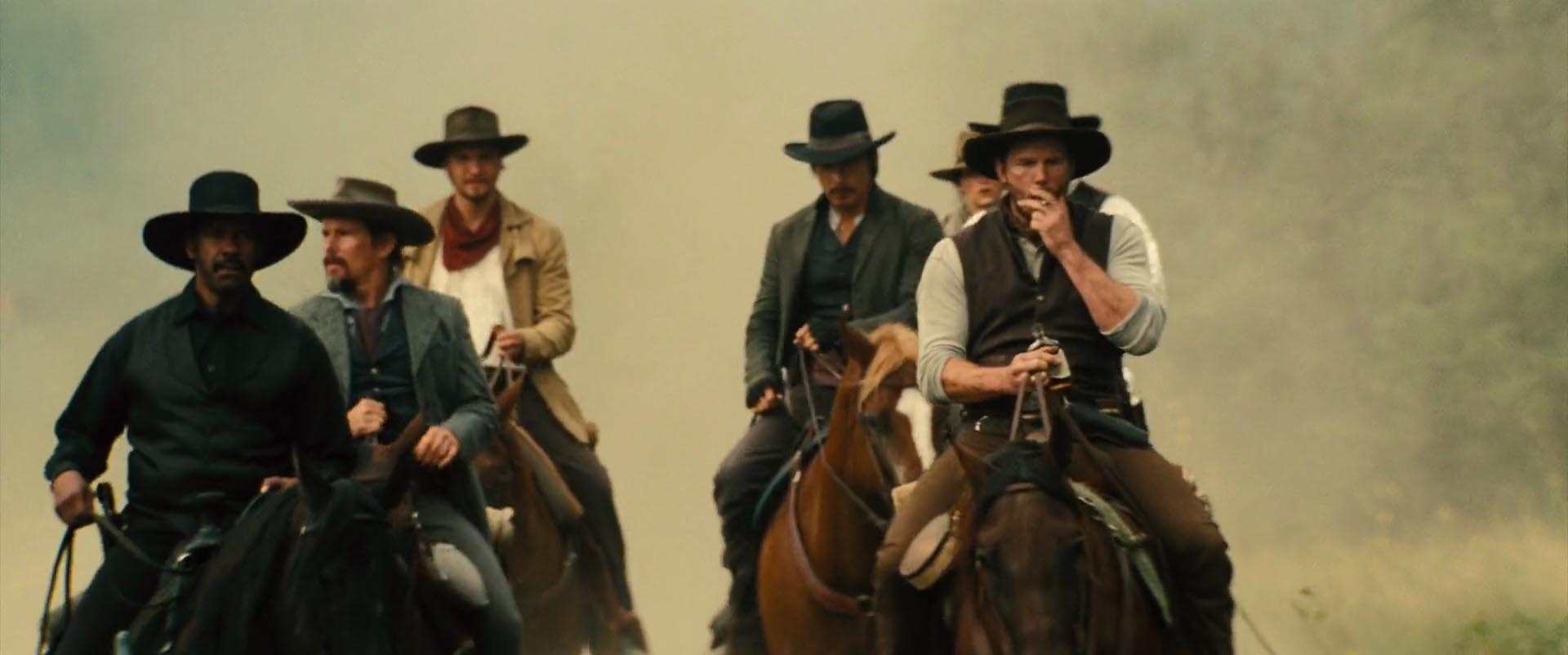A film with genre-expanding ambitions that, although it has some high points worth watching for, rings somewhat hollow when considered on the merits of its main purpose as a successor to the Coens' True Grit.xxxxxxxxxxxxxxxxxxxxxxxxxxxxxxxxxxxxxxxxxxxxxxxxxxxxxxxxxxxxxxxxxxxxxxxxxxxxxxxxxxxxxxxxxxxxxxxxxxxxxxxxxxxxxxxxxxxxxxxxxxxxxxxxxxxxxxxxxxxxxxxxxxxxxxxxxxxxxxxxxxxxxxxxxxxxxxxxxxxxxxxxxxxxxxxxxxxxxxxxxxxxxxxxxxxxxxxxxxxxxxxxxxxxxxxxxxxxxxxxxxxxxxxxxxxxxxxxxxxxxxxxxxxxxxxxxxxxxxxxxxxxxxxxxxxxxxxxxxxx
The Coen Brothers reintroduced, perhaps for the first time at a certain level of seriousness, the Western with True Grit. They took a generally predicable and stale genre and reanimated it, made it genuinely contemporary again by making a film that managed to be both (post-)modern in its self-awareness as a genre movie but that also communicated a real respect and a love for that genre, that saw in it the cultural foundations and orienting myth for modern (American) liberal-capitalist culture. What they saw in the Western was something more than simply an historical period and style of film-making or life; what they saw latent in the Western was, rather, an expression of longing for an irretrievably lost past to which only the Western could provide proper access. And rather than making a parody of that loss, making a comedy of errors around the performativity bound-up with such a guiding cinematic image as the Western (as they did already, perhaps, with Fargo), the brothers redirected their parody towards the seriousness of the Western and systematically re-inscribed seriousness back into the genre, overturning decades of stale and repetitive zero-progress in excavating the genre and creating it as something more meaningful. When LeBoeuf says, after shooting the enemy down from in incredible distance, 'the Sharps carbine is an instrument of uncanny power and precision', we believe it, not as something abstract, but as a fact of one man's ability to transcend his ordinariness to become the thing dreamed-of, the Wild West sharp-shooter, rather than the cliché or failed attempt someone like Matt Damon might be expected to realize in the cinematic-to-real-life personality mismatch.
It is against this standard that all those films that have since followed in the reinvented Western genre the Coen's engendered should be judged. The Magnificent Seven falls into this line of what could be called the New Western that has since followed. Indeed, as with the opening scene of True Grit which sets the tone of seriousness for the entire film, the opening scenes of this film likewise set-out to establish its seriousness over and against any expectations of cliché and parody. And it succeeds in this as well: Denzel Washington does an admirable job investing his role with real personality, of channeling a Federal Marshall; and the opening scenes depicting the dire circumstances of the town and the capitalist cut-throat lawless opportunist to which it and its natural resources are being subjected are equally impressive. However, not long after Chris Pratt makes his appearance and makes it clear that some amount of self-aware humor will, as it did in True Grit, make an appearance to lighten the atmosphere in this film, it begins to descend into the chasm using that technique opens-up. It wouldn't be fair to say that Christ Pratt runs wild over the whole film, but the quantity of his contributions has the effect of undermining whatever subtle seriousness each of these characters must be taken with in order to see them as something more than pure cinema-cliches (most significantly, against Pratt, Ethan Hawkes' character just never quite manages to become what the cinematic personality of Ethan Hawke would be capable of investing into that role). Indeed, while it seems apparent that Fuqua intended to make his film historically significant and genre expanding, it rather becomes mired in many of precisely the sorts of cliches one wants avoid when making such a film, and just becomes a repetition of many of the elements in True Grit(the way in which the idiosyncratic voice of the character Jack Horne mirrors/imitates that of the Coen's Bear Man character is just one of a whole series of close parallels between the films). At its lowest points, the film becomes, first, a kind of Real-Time Strategy computer game where the cast is assembled to fortify the town and expand its defenses for the impending showdown and then, second, a straight-up blockbuster Marvel-comic superhero movie as guns blaze, horses gallop, walls are shot-up, bad-guys killed, windows smashed, all in an increasingly chaotic frenzy.
At is highest-point, however, the film does still manage to reveal an honest striving to expand the limits of the Western genre. The reticent use of the world-famous The Magnificent Seven score itself speaks to the film's ambitions: while it never makes a full appearance in the film and is reserved for the credit sequence, its use in the beginning of the film to signal the beginning of something of cinematic-historical significance and again, towards the end, to signal what seems to be the lack of fulfillment of its potential, are both noteworthy. In this sense, not only have we lost four of the magnificent seven, but we're also exiled to a present that has lost connection to its cinematic past. To be fair, such an interpretation is overly generous: despite that the film clearly seeks to achieve this, provides all of the visible and audible markers for us to intuit it, it simply does not accomplish more than becoming a mostly hollow echo of such a sentiment. However, what the film does reveal, however, unambiguously, is just how hard it is to push the envelope with a genre film so that it pays proper and full respect to the cultural, social and philosophical significance of its cinematic pre-existence.
